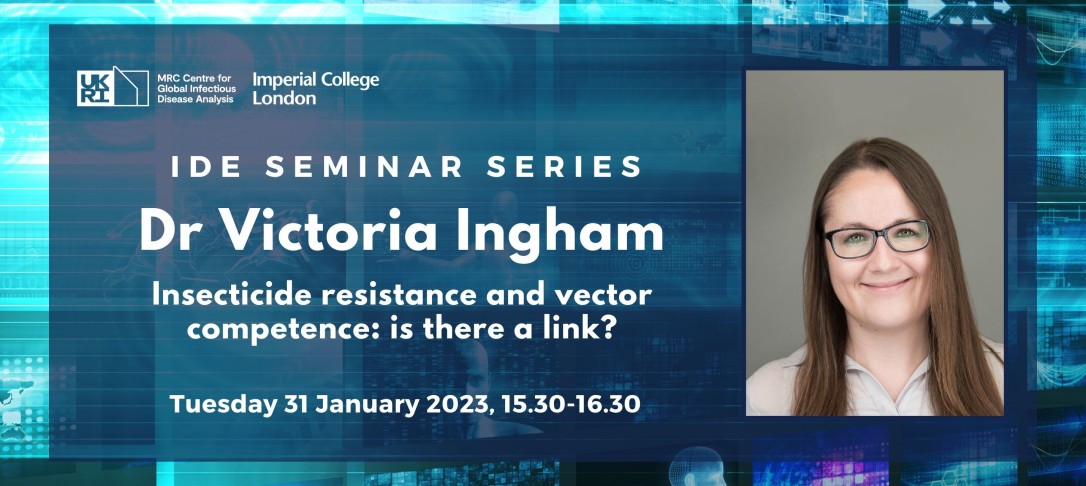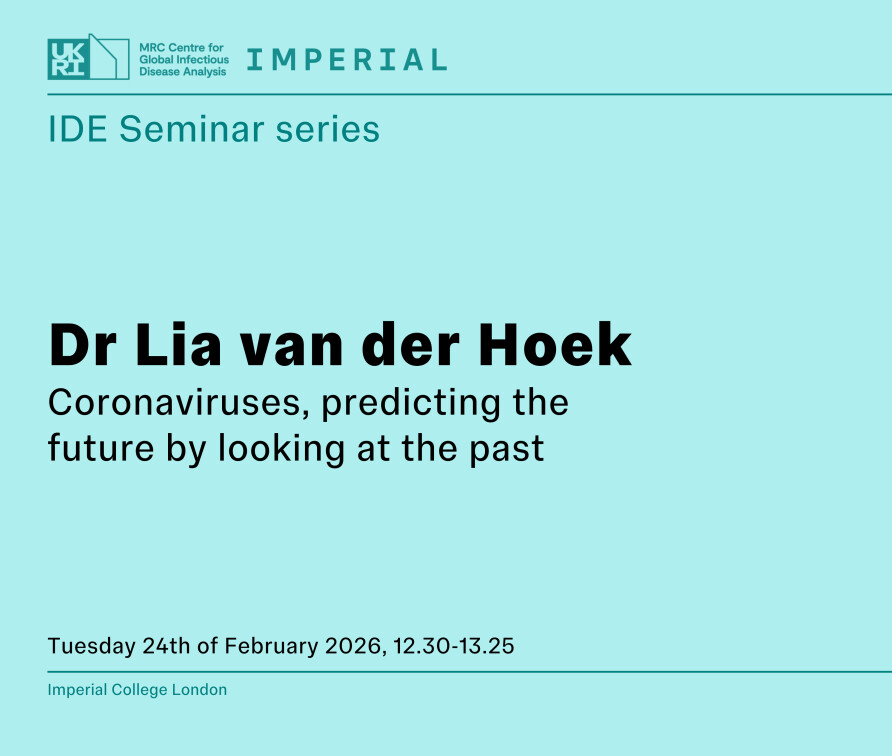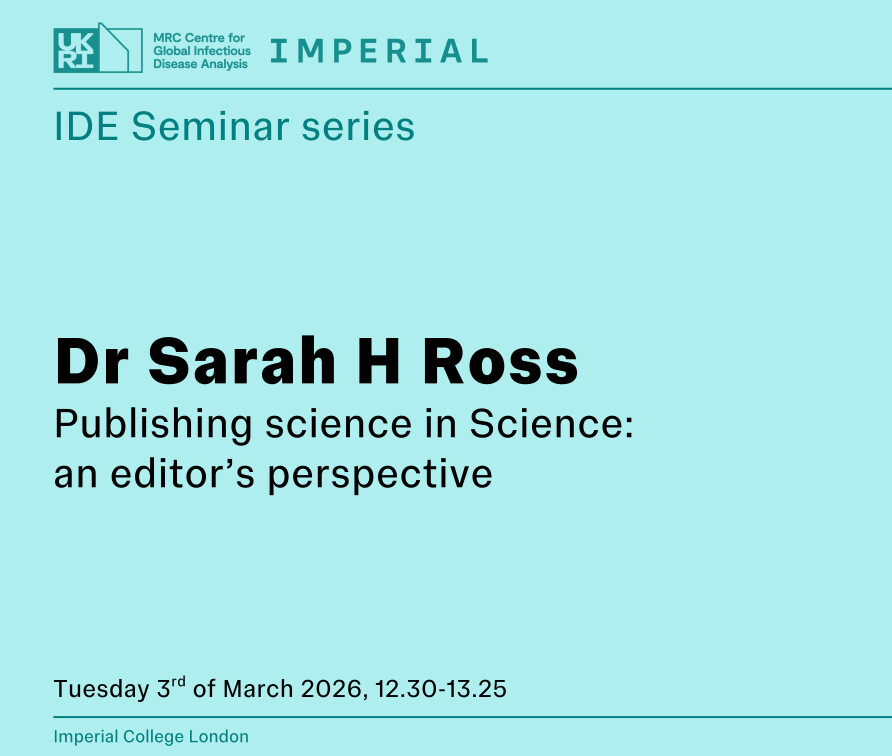
Insecticide resistance and vector competence: is there a link?
Insecticides have prevented most malaria cases across all interventions available for malaria control. From 2000 to 2015 over 80% of all cases averted can be attributed to the use of insecticide treated bed nets or spraying of insecticides, for which the pyrethroid class are particularly important.
However, since 2015 we have not only seen a plateauing of malaria cases but a massive increase in the strength and intensity of pyrethroid resistance in the mosquito vector. The importance of identifying new mechanisms and new ways of tracking insecticide resistance is underlined by the successful trials of ‘next-generation’ bed nets, containing pyrethroids and a second chemistry; this is exemplified by PBO nets, which inhibit metabolic detoxification by cytochrome p450s and are recommended in areas with high levels of resistance.
Dr Ingham’s lab focuses on insecticide resistance and potential impacts on vectorial capacity, either directly due to insecticide resistance or from mosquito exposure to these chemistries. In this talk Dr Ingham will discuss ongoing work in her group characterising a novel mechanism of insecticide resistance and the potential for inhibition of the enzyme class to improve kill efficacy of pyrethroids. She will explore evidence of potential changes to vector biology that may have negative consequences for parasite development, with a particular focus on reactive oxygen and nitrogen species. She will also discuss the potential for secondary impacts of insecticides on the parasite developing within the mosquito.


